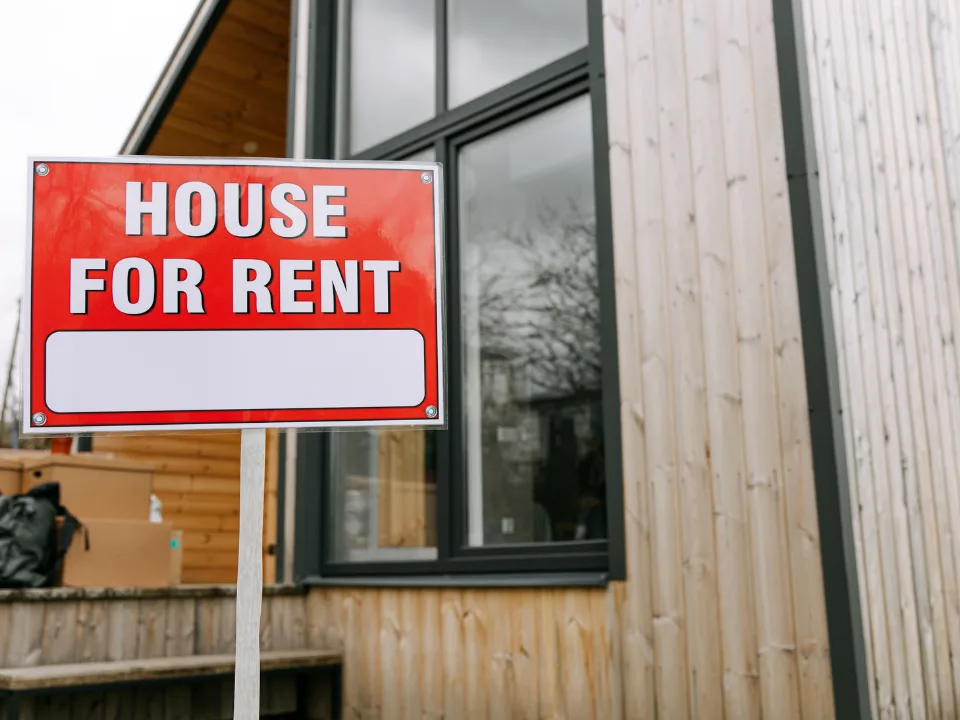- These days, regulatory actions impacting the multifamily sector are a dime a dozen, with a focus on rent control, fees, and antitrust concerns.
- The NAA highlighted significant regulatory activity in states like Florida, Georgia, and Virginia.
- Ongoing federal and state legislation, alongside antitrust concerns, are shaping the multifamily housing landscape nationwide.
Panelists at the National Apartment Association’s (NAA) Apartmentalize Conference in Philadelphia noted more legal action affecting multifamily properties, as reported on Multifamily Dive. “The industry is not feeling the love,” said NAA general counsel Ayiesha Beverly.
Under The Microscope
After the pandemic, the number of multifamily legal proceedings has surged, with over 100K cases filed so far in 2024. Florida leads the nation in terms of state court multifamily actions, followed by Georgia and Virginia.
Most cases relate to evictions, ejections, or unlawful detainers, but some have broader implications. Recent Supreme Court dismissals of New York rent control cases also highlight ongoing constitutional debates.
Federal Watchlist
The NAA is monitoring several key federal legislative proposals:
- S. 3755/H.R. 802: “The Respect State Housing Laws Act” seeks to repeal the CARES Act requirement for a 30-day eviction notice.
- S. 1688/H.R. 3507: “The Yes In My Back Yard Act” aims to remove local barriers to housing development.
- S. 32/HR. 4606: “The Choice in Affordable Housing Act” intends to reform the Section 8 program to encourage landlord participation.
Nicole Upano, assistant vice president of housing policy and regulatory affairs at NAA, emphasized the surge in regulatory activity following the Biden administration’s Renters Bill of Rights and predicts this trend will continue into the 2024 election.
Rising Antitrust Concerns
Antitrust issues are also becoming a major regulatory focus. Over 30 lawsuits have been filed against Yardi, RealPage, and other multifamily providers, alleging rent price collusion via price-setting software. The Department of Justice and state attorney generals are currently investigating these claims.
Beverly advises developing antitrust programs and seeking counsel to review best practices. She recommends paying attention to the Federal Trade Commission’s (FTC) guidance on algorithm use in housing and the ongoing FTC proposed rule on junk fees.
Additionally, two congressional bills—the Preventing Algorithmic Collusion Act of 2024 and the Preventing the Algorithmic Facilitation of Rental Housing Cartels Act of 2024—also aim to regulate revenue management software.
What Comes Next?
The Fair Future Act, which proposes eliminating the Thurmond Amendment from the Fair Housing Act, points to the potential future direction of federal housing policy.
For context, the Thurmond Amendment essentially decentralized how the industry handles housing discrimination, emphasizing private litigation over federal prosecution. While the passage of the Fair Future Act is uncertain, it highlights ongoing legislative interest in stronger tenant protections.

















